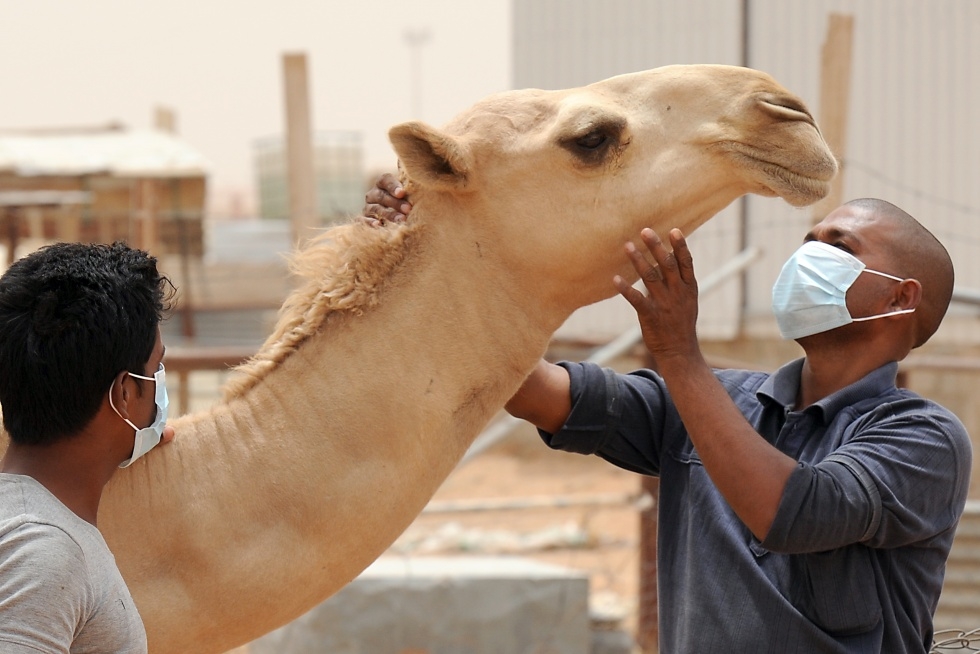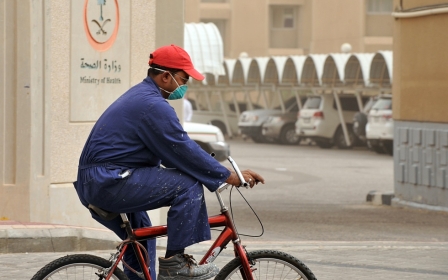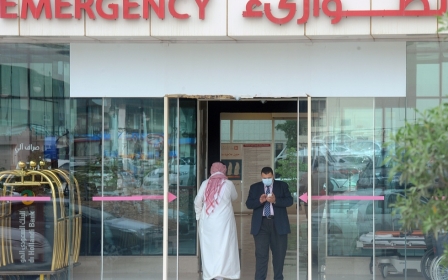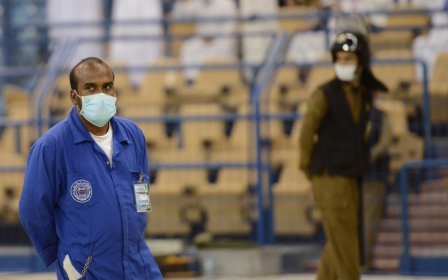International health experts hold emergency MERS meeting

The World Health Organisation (WHO) held an emergency meeting at their Geneva headquarters on Tuesday to discuss whether the Middle East Respiratory Syndrome (MERS) should be classified an international emergency, as Saudi Arabia announced five new deaths from the virus that has left 152 people dead since 2012.
The WHO said in a statement on Tuesday that discussions between health and infectious disease experts were continuing and that Keiji Fukuda, assistant director general for health security, is scheduled to hold a press conference on Wednesday to announce conclusions from their meeting.
Five more people in Saudi Arabia died from the coronovirus, Saudi health officials reported, including four in Jeddah and one in the capital Riyadh. Four new infections have also been detected, they said, taking the total number of cases to 495 so far.
MERS is a deadlier, but less transmissible, cousin of the SARS virus that appeared in Asia during 2003, which killed nine percent of the 8,273 people it infected. Thirty percent of MERS patients have died so far, with patients suffering from coughing, a temperature and rapid kidney failure.
While the vast majority of cases have been found in Saudi Arabia, cases of MERS have been diagnosed in 16 countries including in Europe, Asia and the United States. Nearly all those diagnosed had recently travelled to the Gulf.
After a second case of MERS was found in the US on Monday, President Barack Obama was briefed by his top advisors on Tuesday.
“The president has been briefed on this development…our team is watching it closely,” said White House spokesperson Jay Carney.
Carney said the White House was working with Homeland Security Advisor Lisa Monaco and the Center for Disease Control and Prevention to deal with the escalating situation.
The emergency meeting held by the WHO on Tuesday is only the second to be held since new rules governing health emergencies were put in place during 2007, with the previous committee formed to deal with the 2009 H1N1 swine flu pandemic.
WHO regulations stipulate that an emergency committee must be formed when an extraordinary event takes place that may pose a risk to other member states through the international spread of a disease, requiring a coordinated international response.
Middle East Eye propose une couverture et une analyse indépendantes et incomparables du Moyen-Orient, de l’Afrique du Nord et d’autres régions du monde. Pour en savoir plus sur la reprise de ce contenu et les frais qui s’appliquent, veuillez remplir ce formulaire [en anglais]. Pour en savoir plus sur MEE, cliquez ici [en anglais].




